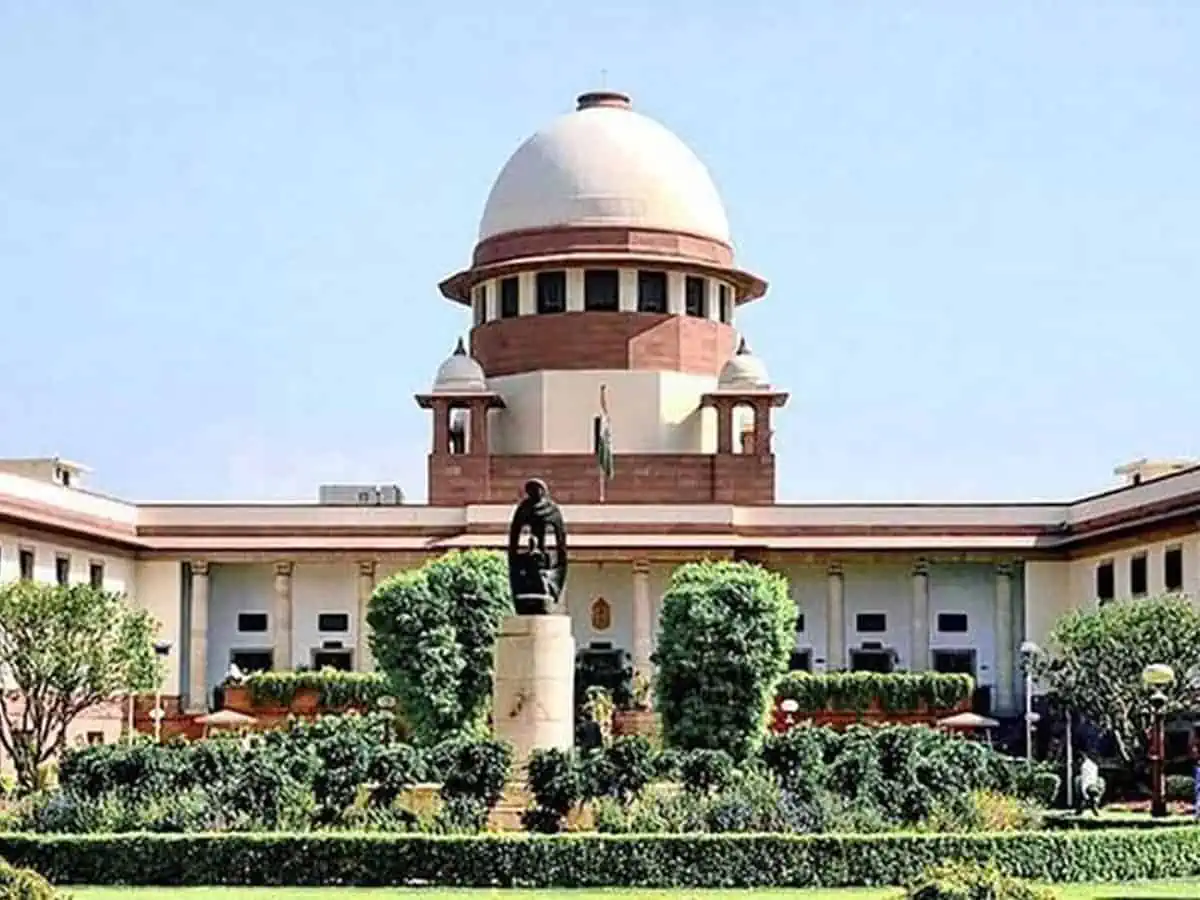In a significant decision whilst hearing a plea against the Patna High Court’s Order allowing for Narco-Analysis test by the SDPO, division bench comprising of Sanjay Karol, J. and Prasanna B. Varale, J. the Hon’ble Supreme Court has given significant guidelines regards the narco-analysis test being held without the consent of the accused and upholding the tests laid down in Selvi v. State of Karnataka, and has halted the forced narcotic tests. The Hon’ble Supreme Court, has also pointed out that whilst deciding a bail application, the High Courts need not enter into a roving enquiry or accept the use of investigative techniques. It pointed out that while entertaining a bail application, the Court has to take into consideration the allegations against the accused; period of custody undergone; nature of evidence and the crime in question.
This appeal arose from an interim order of the Patna High Court directing the conduct of narco-analysis tests on the accused, including the appellant, during the investigation into the disappearance of his wife. The appellant challenged this direction as unconstitutional and violative of his rights under Articles 20(3) and 21 of the Constitution of India, relying upon the precedent laid down in Selvi v. State of Karnataka1.
FACTS OF THE CASE
An FIR was registered on 24th August 2022 against Amlesh Kumar (the husband) and his family under Sections 341, 342, 323, 363, 364, 498A, 504, 506 and 34 IPC for alleged dowry demands and disappearance of his wife. The appellant claimed his wife went missing on 21st August 2022 while traveling to Ayodhya and that he lodged a missing complaint on 28th August 2022.His family members were granted bail, but his bail was rejected by the Sessions Court on 1st August 2023.When he approached the High Court, it accepted the SDPO’s submission that narco-analysis tests would be conducted on all accused and witnesses, and adjourned the matter to 12th July 2024.Aggrieved, the appellant challenged this directive before the Supreme Court.
STATUTES INVOLVED
Section 438 Cr.P.C., 1973; Article 20(3) and Article 21 of the Indian Constitution

